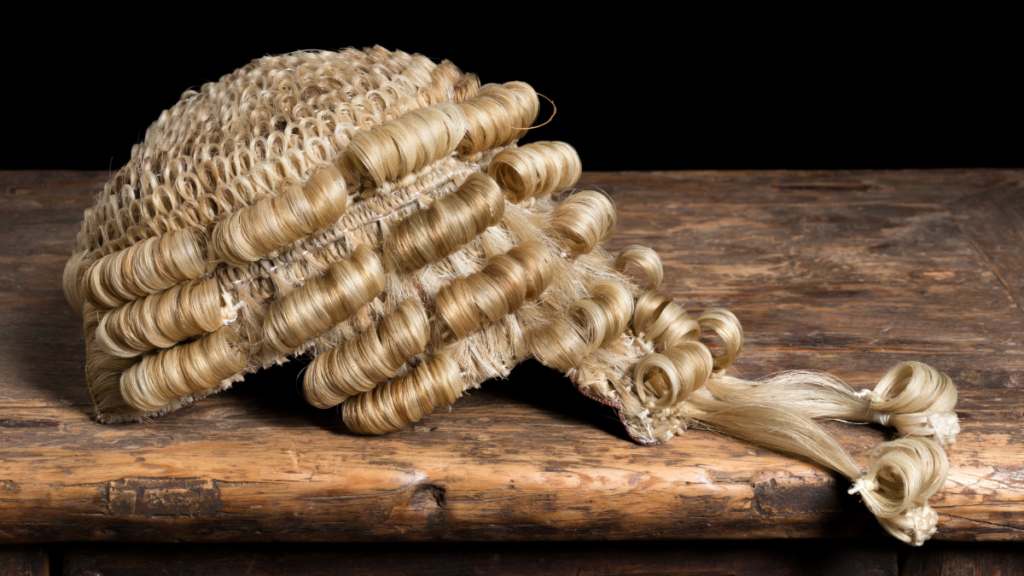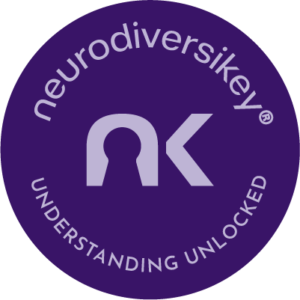The Pupil Survey 2025

Read on to find out more about the results of the Bar Council’s Pupil Survey 2025, and why we are calling for action.
We are saddened, but not surprised, by the 2025 Pupil Survey Report by the Bar Council. The results paint a dismal picture for disabled/neurodivergent pupil barristers, echoing the Uncharted Territory report on our 2024 surveys. Disappointingly, the fears we expressed in our article on last year’s Pupil Survey Report have clearly not been heard.
20% of respondents to this year’s Pupil Survey disclosed a disability, 71% of whom (14% of all respondents) were neurodivergent, according to the Bar Council. The results indicated a fairly high co-occurrence of neurodivergence and mental health conditions which is expected and supported by other research. In the Uncharted Territory report, we suggested the pervasive lack of safety for neurodivergent people across legal education, training, and practice necessitates masking/camouflaging, which is in turn detrimental to mental health.
Disparities between disabled and non-disabled pupils exist across multiple areas:
- Disabled pupils are less satisfied with their pupillage experience. Just 76% of disabled pupils were ‘happy’ with it (71% of neurodivergent pupils), compared to 94% of non-disabled pupils.
- Perceived career viability was also lower among disabled students, 45% of whom thought a career at the Bar was viable compared to 65% of their non-disabled colleagues. Disabled pupils were more likely to cite work-life balance, culture at the Bar, and stress, as reasons impacting career viability.
It is to be expected then that more disabled (17%) than non-disabled (3%) pupils ‘probably would not’ recommend a career at the Bar. So, in light of disabled/neurodivergent pupils’ dissatisfaction, the non-viability of their careers, and their concerns about work/life balance, Bar culture, and stress, what is being done about it?
In spite of the stark results, the Bar Council has failed to make any recommendations on disability/neurodiversity. Whilst we welcome this year’s addition of collecting data on neurodivergence specifically, a general improvement we sought in the Uncharted Territory report, we do have concerns. We cannot highlight enough the importance of using accurate, consistent, and up-to-date terminology and language in respect of neurodiversity.
We are concerned by some of the terminology/language usage throughout the report. For example:
- ‘neurodiverse’ and ‘neurodivergent’ are used interchangeably (see our key terminology guide);
- reference to the outdated ‘attention deficit disorder’. ADD is not only no longer used in the UK, but refers specifically to the ‘inattentive’ presentation of ADHD;
- deficit-focused/medical model influenced language which does not reflect the neurodiversity paradigm (influenced by the social model of disability) e.g. using ‘difficulties’ over ‘differences’;
- including the vague ‘difficulties learning[,] concentrating and remembering’ under the category of neurodivergence. Differences in learning, concentrating, and remembering are not automatically neurodivergence. If it is a reference to the Specific Learning Differences or SpLDs (dyscalculia, dysgraphia, dyslexia, dyspraxia) it is an inaccurate, surface-level understanding. There is crossover between the neurodivergent neurotypes (autism, ADHD, the SpLDs), especially in executive function differences, but they cannot be boiled down to ‘learning[,] concentrating and remembering’.
We suggest a more empowering approach moving away from the deficit-focus. For example, our deck of neurotype cards summarises each neurotype by areas of strength, divergence, and challenge. Doing so enables the identification of barriers and support needs (and obtaining appropriate support) whilst recognising individual strengths and avoiding perpetuating misconceptions and stereotypes. The cards also include an explanation of executive function. You can find the cards on our resources page.
Given the above issues regarding language/terminology, there could be a risk of inaccurate conclusions being drawn from the data. E.g. potential over/underestimation of prevalence of neurodivergent people due to definition used in questions or in analysis of results. Similar concerns extend to the “enhanced guidance for neurodiver[gent] applicants, pupils and barristers, including in making reasonable adjustments” the Bar Council is working on. If the profession is to heed the Bar Council’s advice on neurodiversity and neuroinclusion, that advice should be consistent, accurate, and work to dismantle stereotypes, misconceptions, and barriers. This is integral to eliminating discrimination and increasing neuroinclusion.
We emphasise the importance of the principle of ‘nothing about us, without us’ to ensure neurodivergent and disabled voices are amplified, heard, and taken on board. We suggest the Bar Council invites contribution and seeks consultation from the neurodivergent community at all levels of the legal sector. Input from those with lived experience is pertinent to ensuring empowerment, dignity, and inclusion, which should be a high priority given the significant problems across law with discrimination, reasonable adjustments, and neuroinclusion already evidenced by the Uncharted Territory report.
The Pupil Survey results speak for themselves, as does the Bar Council’s omission of disability/neurodivergence from its recommendations leading on from the report’s findings. We call on the Bar Council to take positive action and to amend its recommendations to include making improvements for disabled/neurodivergent pupils. Is prioritising disabled/neurodivergent pupils not long overdue? The evidence suggests it is.
Bar Council (12 March 2024) ” “Gold standard training” – more than 8 in 10 have a positive pupillage experience, report finds” available at: https://www.barcouncil.org.uk/resource/gold-standard-training-more-than-8-in-10-have-a-positive-pupillage-experience-report-finds.html
Bar Council (24 June 2025) “90% of pupils have positive experience but stress levels and doubt about future at the Bar increasing, new survey finds” available at: https://www.barcouncil.org.uk/resource/gold-standard-training-more-than-8-in-10-have-a-positive-pupillage-experience-report-finds.html
neurodiversikey® (2024) “Uncharted Territory” available at: https://neurodiversikey.com/uncharted

neurodiversikey®
24 June 2025
